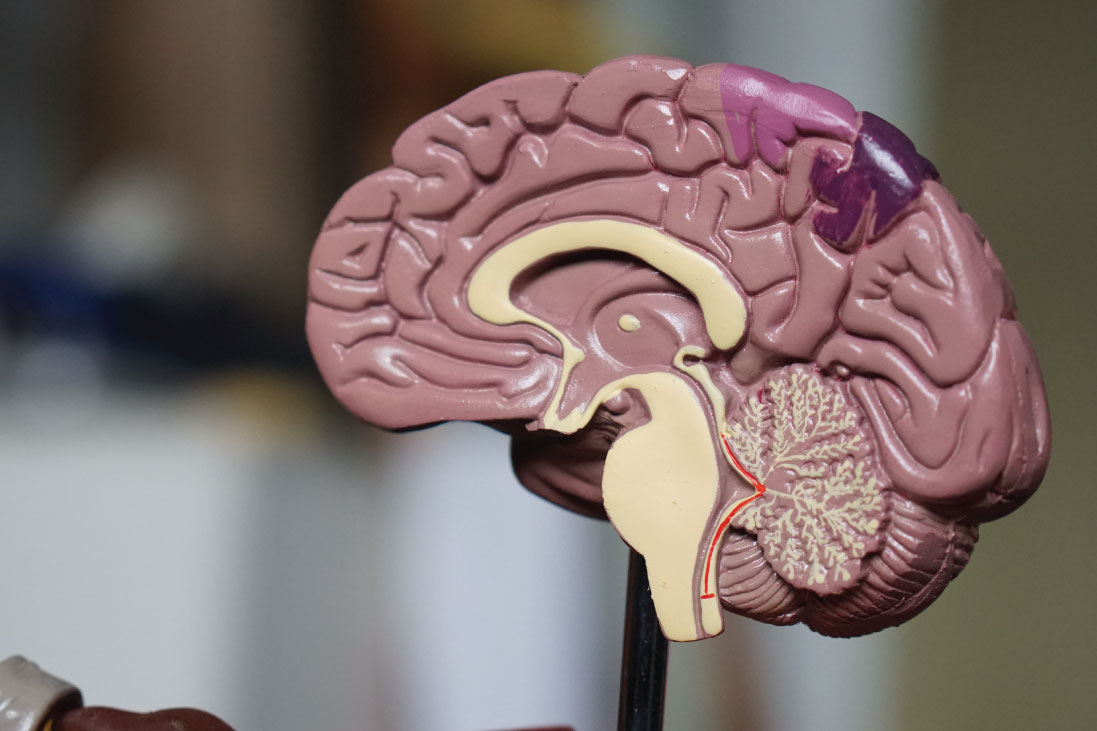Experimental Psychology

Doctorate in Experimental Psychology
The Experimental Psychology program provides cutting-edge training in a variety of sub-disciplines within psychology.
Our Ph.D. program consists of four subspecialty tracks: cognitive psychology, comparative-neurobiological
psychology, developmental psychology and social-personality psychology. The program
adopts the perspective that psychology is a broad discipline with a central focus
on understanding, predicting and enhancing the broad range of human behavior and experiences
using a variety of perspectives. To accommodate this broad spectrum, we examine the
biological, comparative, cognitive, developmental, social and personality factors
that affect behavior.
